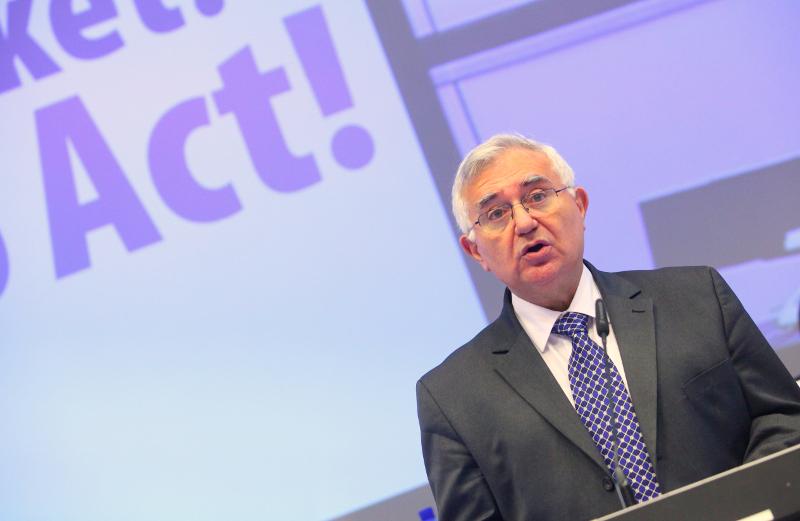
A wake-up call for the Commission – lobbyists exploiting privileged access
EU Commissioner for Health and Consumer Policy John Dalli’s resignation yesterday highlights the need for stronger measures to regulate EU lobbying to rule out the risk of privileged access and political corruption in EU decision-making.
Dalli’s resignation came about after a report by anti-fraud agency OLAF failed to clear him of corruption allegations. The case centers around Silvio Zammit, a Maltese businessman and politician from Dalli’s party who offered tobacco producer Swedish Match to use his access to Dalli to influence a revision of EU rules on tobacco products. OLAF’s report did not find conclusive evidence of the direct participation of Dalli but it did argue that he was “aware of these events”. Dalli denies this and claims his resignation is in order to be better able to contest the claims.
While there are many question marks around what exactly happened, there is little surprising in the circumstances around the case. The European Commission is the focus of intense lobbying and many business lobbyists benefit from easy access and close contacts. This opens the door to the potential for corruption.
The transparency and ethics reforms introduced in recent years have not been enough to prevent such situations from arising. This new scandal should be a wake-up call for the Commission to finally start treating these issues seriously. Only effective transparency and ethics rules can help discourage undue influence, including corruption.
Corporate Europe Observatory believes urgent action is needed in five areas:
- The Code of Conduct for Commissioners should be strengthened, with precise ethics rules to prevent Commissioners from finding themselves in situations that might result in undue influence. The current Code is far too abstract and full of loopholes to be effective.
- Industry’s privileged access to the Commission undermines the quality of EU decision-making and risks policy capture by commercial interests. The Commission should tackle privileged access and ensure that Commissioners defend the public interest against narrow commercial interests at all times.
- The Commission should now finally accept the need for an overhaul of the EU’s voluntary lobby transparency register. The register must become mandatory and its many loopholes must be fixed, to secure a comprehensive and reliable picture of who is lobbying, on whose behalf and with which budgets.
- The Commission should introduce pro-active transparency around the contacts between Commissioners and lobbyists, publishing lists of meetings, correspondence and telephone calls online. In the UK, government departments already publish lists of meetings with lobbyists, while Swedish ministers publish logs of their correspondence.
- Finally, the Dalli case raises questions about the screening of incoming EU Commissioners. The EUObserver reports that Dalli had previously faced accusations of corruption in Malta. EU Commissioners not only must behave ethically, they must be seen to behave ethically in the eyes of the public. Member States, the Commission and the European Parliament (which gives final approval to candidate-Commissioners) have a duty to ensure that Commissioners are able to guarantee the public’s trust.

Comments
We could not agree more with the above. It is absolutely essential that powerful industrial lobbies are actively prevented from having an undue influence on policy-making. Indeed, since our inception, we have been calling (and continue to call) for a return to a reliance upon unbiased evidence (scientific and other), reported accurately and transparently, rather than what is currently an apparent 'policies-for-the-highest-bidder' system.
The ONLY way forward is true transparency. In this way, perhaps real change for good can be effected.
Best of luck with your endeavours.
Katherine Devlin
President
ECITA (EU) Ltd
(most assuredly NOT associated with either the Tobacco or Pharmaceutical industries, or their lobbies)
This is very strange. Lots of people look for work and are paid on the basis of their abiity to "network" with decision makers in Brussels. What is so different about this case? We need more specifics.